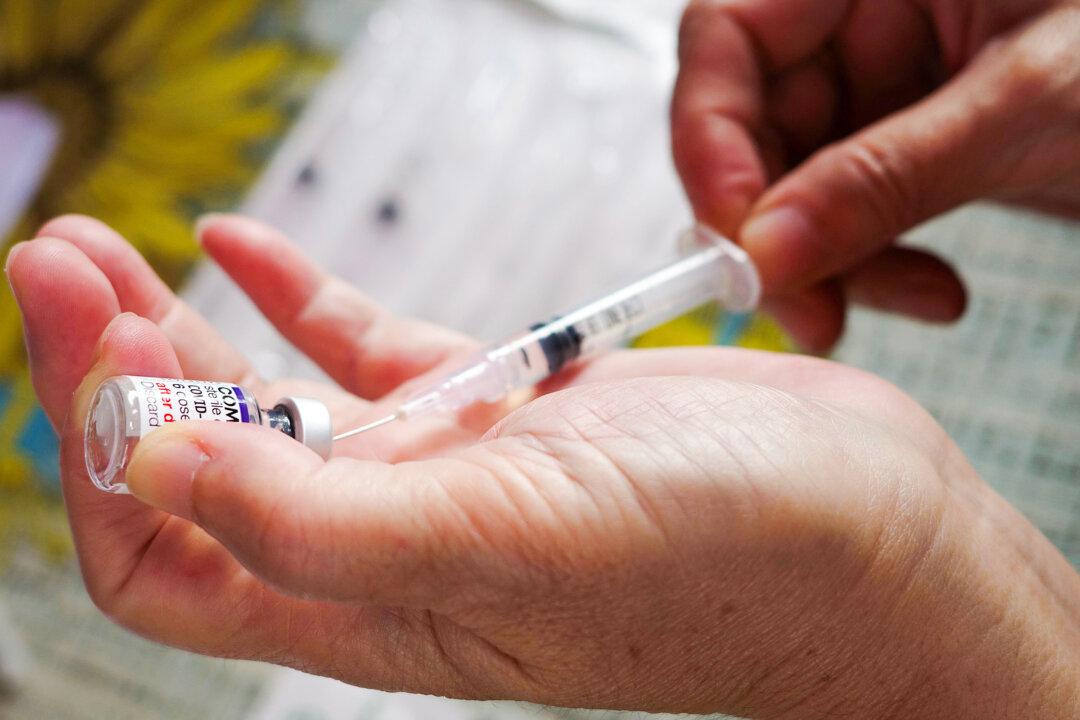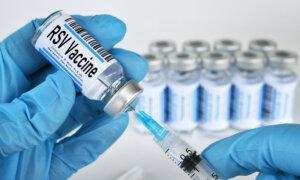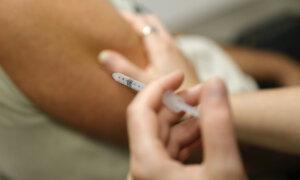
Researchers allege that biases and manipulation of Pfizer and Moderna COVID-19 vaccine clinical data have exaggerated vaccine efficacy and underestimated vaccine adverse events.
While most clinical trials would evaluate the effects of a drug from the day it is administered, these COVID-19 mRNA vaccines are not being evaluated from the first day the vaccines are given. A later date is chosen, which inflates the vaccine’s perceived efficacy and safety, researchers say.
Unclear Definitions of Vaccinated vs. Unvaccinated
Mr. Lataster, associate lecturer at the University of Sydney, spoke at Sen. Ron Johnson’s (R-Wis.) Feb. 26 roundtable discussion on COVID-19 vaccines and public health messaging. He summarized findings from a collection of four commentaries published in a peer-reviewed journal, of which two were authored by him.“We have found in the studies varying definitions of fully vaccinated and unvaccinated. Generally what we find is that they are ignoring COVID infections in the partially vaccinated,” Mr. Lataster said.
Instead, COVID cases in vaccinated individuals are only counted weeks after a person is vaccinated. In Pfizer’s clinical trials, a person is considered vaccinated and their COVID cases are counted a week after they received the second dose, whereas in Moderna’s clinical trials, a person is considered vaccinated two weeks after their second dose.
Additionally, they found that this hypothetical number could further inflate to 67 percent due to other real-life factors during vaccine rollouts.
As older people were more likely to get vaccinated early on due to being more at risk of infections, this may reduce the perceived vaccine efficacy.
Millions of Lives Saved Based on Modeling
The COVID-19 mRNA vaccines have been promoted to have saved millions of lives. However, Mr. Lataster said that those statements may not reflect what happened in real life.Mr. Lataster has been invited to partake in a study reviewing whether the mRNA vaccines have saved millions of lives.
“There are many problems we found, over twelve issues with how the data is utilized and estimated. For one thing, it’s [based on] a model and the map is not the territory,” Mr. Lataster said. The study is currently unpublished.
He said that they have also been looking at verifying claims that COVID-19 vaccines reduced severe disease, hospitalizations, and deaths.
Significant Number of Unconfirmed COVID Cases
According to an FDA briefing document, Pfizer acknowledged “3410 total cases of suspected but unconfirmed COVID‐19 in the overall study population.”These suspected cases were split almost evenly between the treatment and placebo groups.
Underrepresented Adverse Events
While Pfizer and Moderna phase 3 clinical trials followed adverse events from the day of vaccine administration, they defined an individual as vaccinated only if several weeks had passed following vaccination.Therefore, some of the adverse events that may have occurred soon after vaccination and would therefore be more strongly linked to vaccination would not be attributed to the vaccine, leading to underestimated adverse event rates.
COVID vaccination adverse event reports to the Vaccine Adverse Event Reports System show that more than 12 percent of deaths occurred on the day or the day after vaccination.
Furthermore, the placebo group was later given the COVID-19 vaccines, effectively “unblinding” them. This meant that researchers would be unable to compare the placebo and the vaccine group for potential long-term safety signals.
The Epoch Times reached out to Pfizer and Moderna for comments.


No comments:
Post a Comment